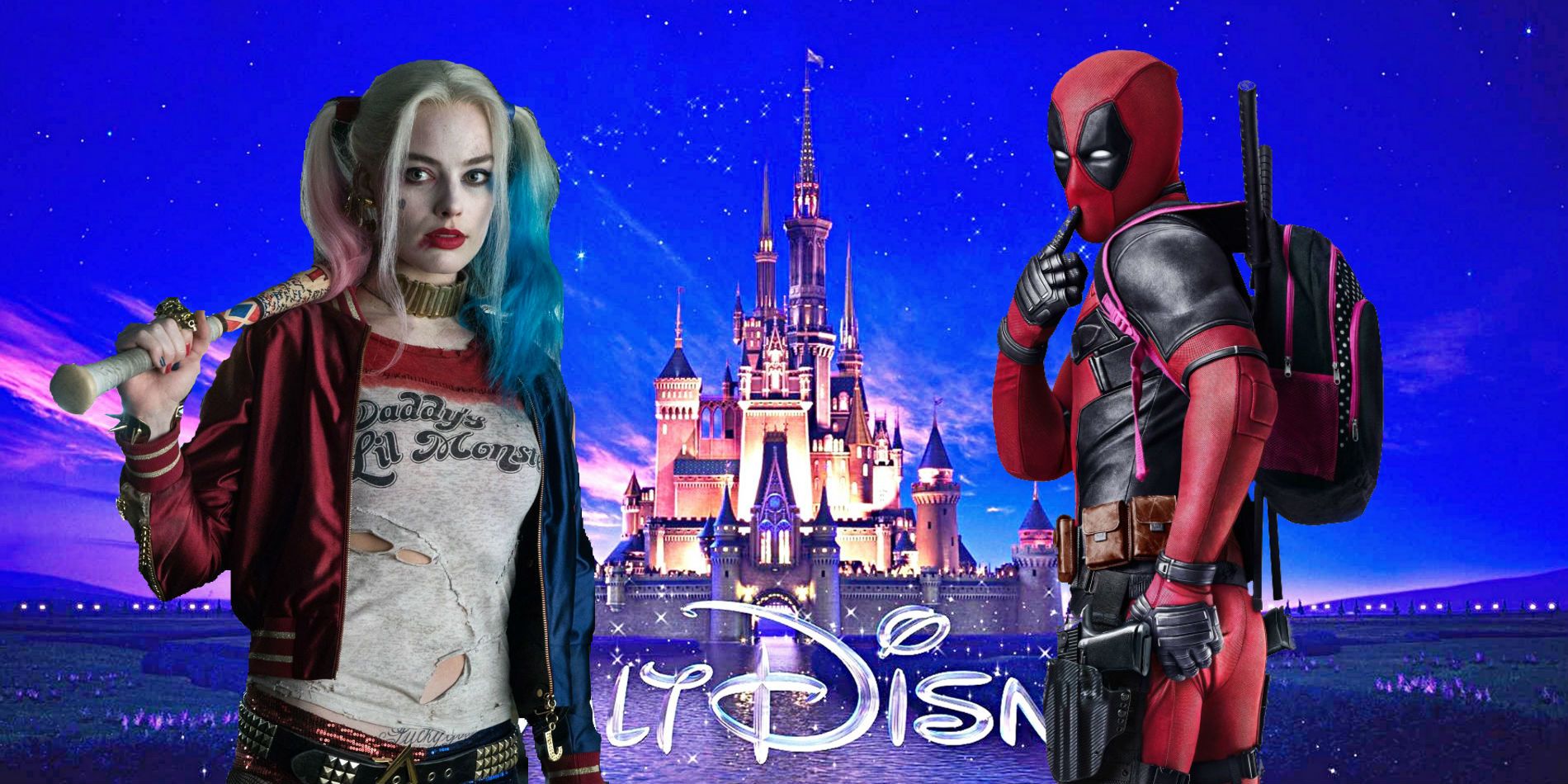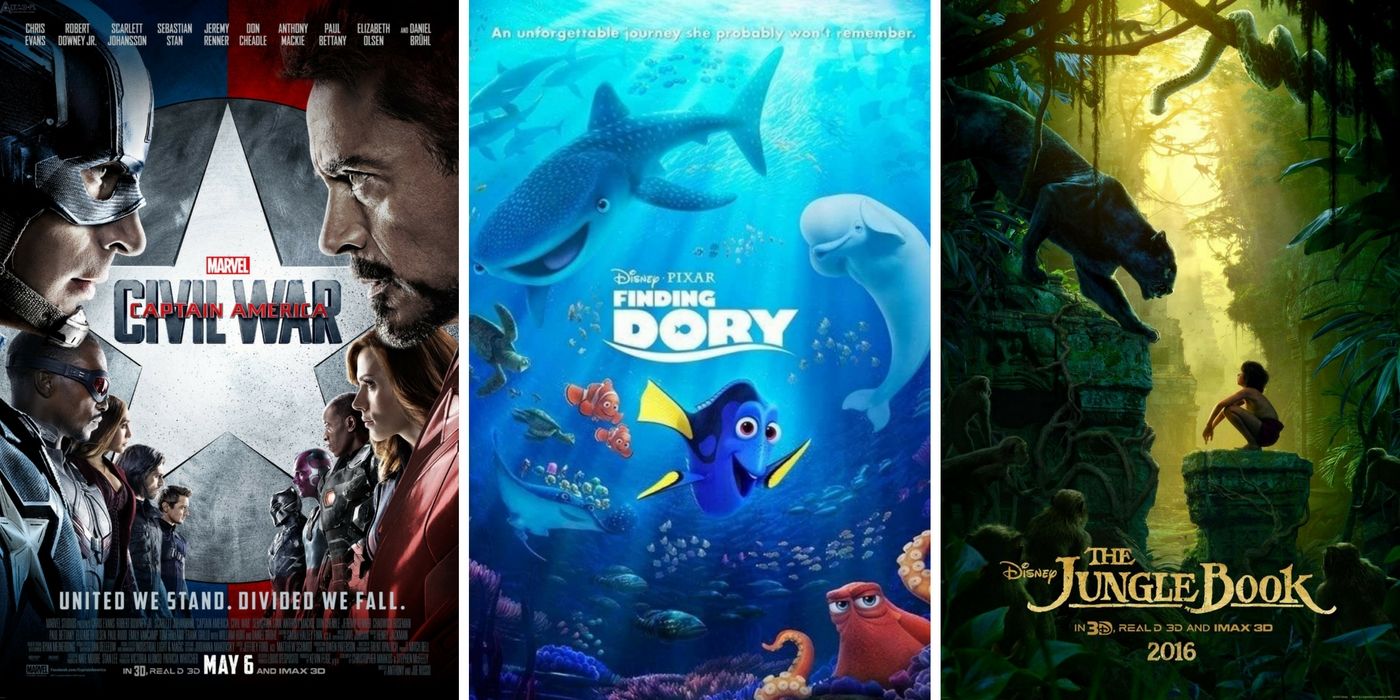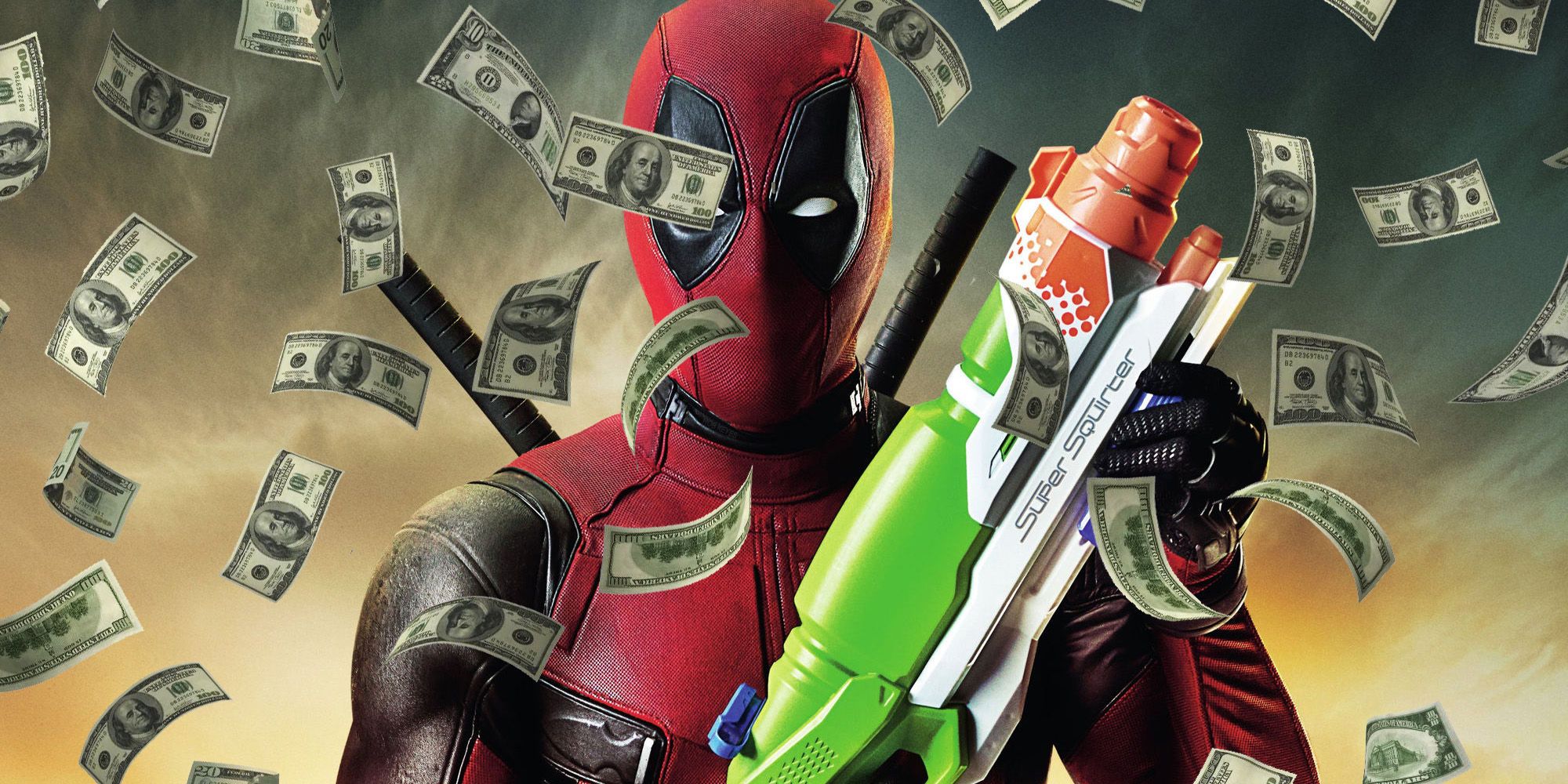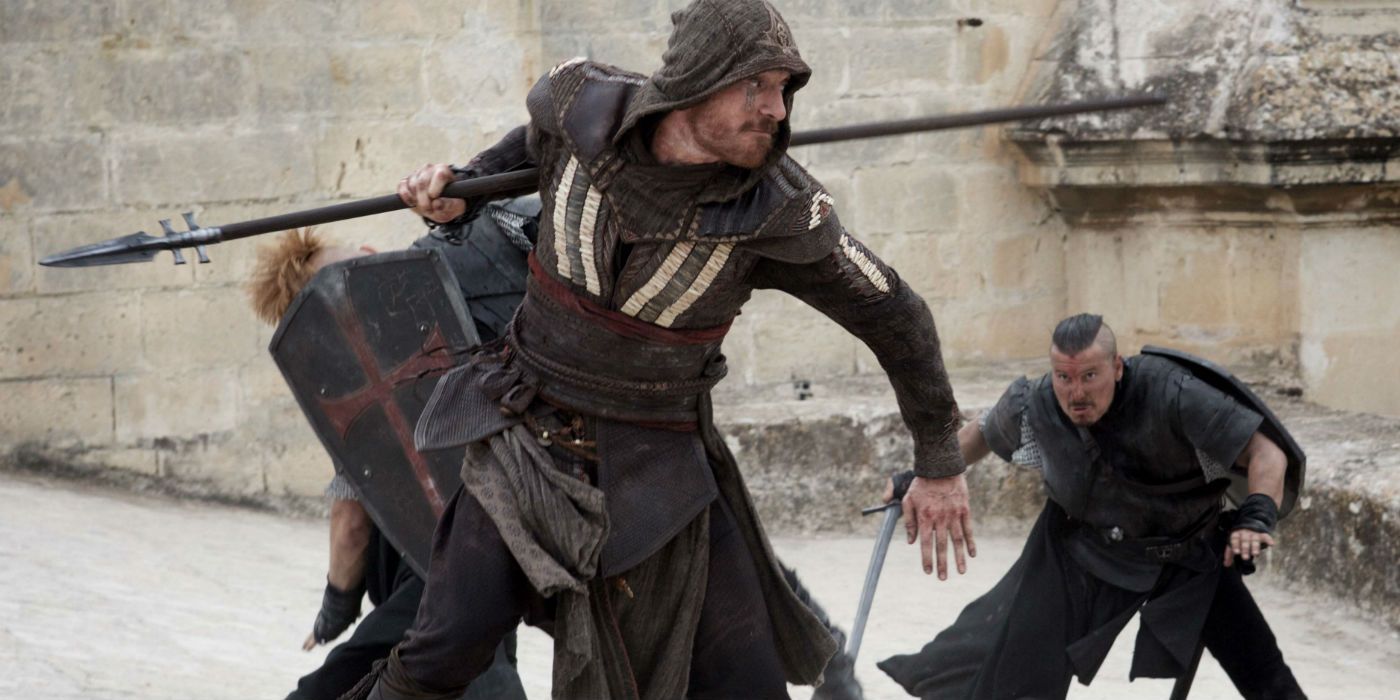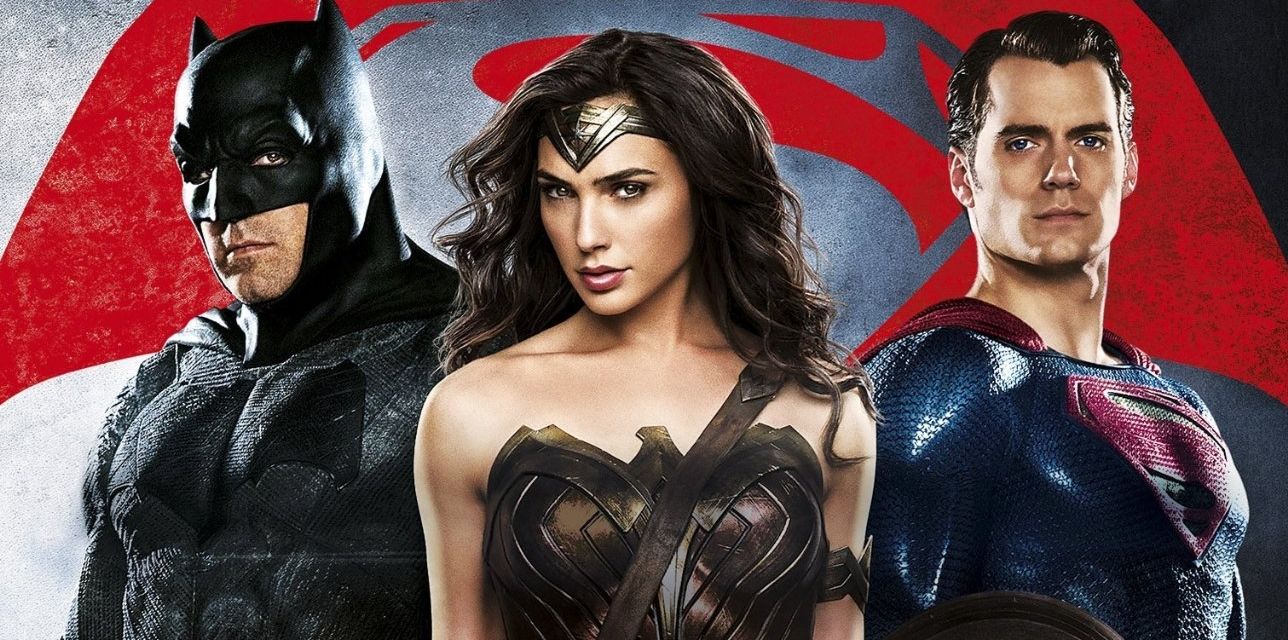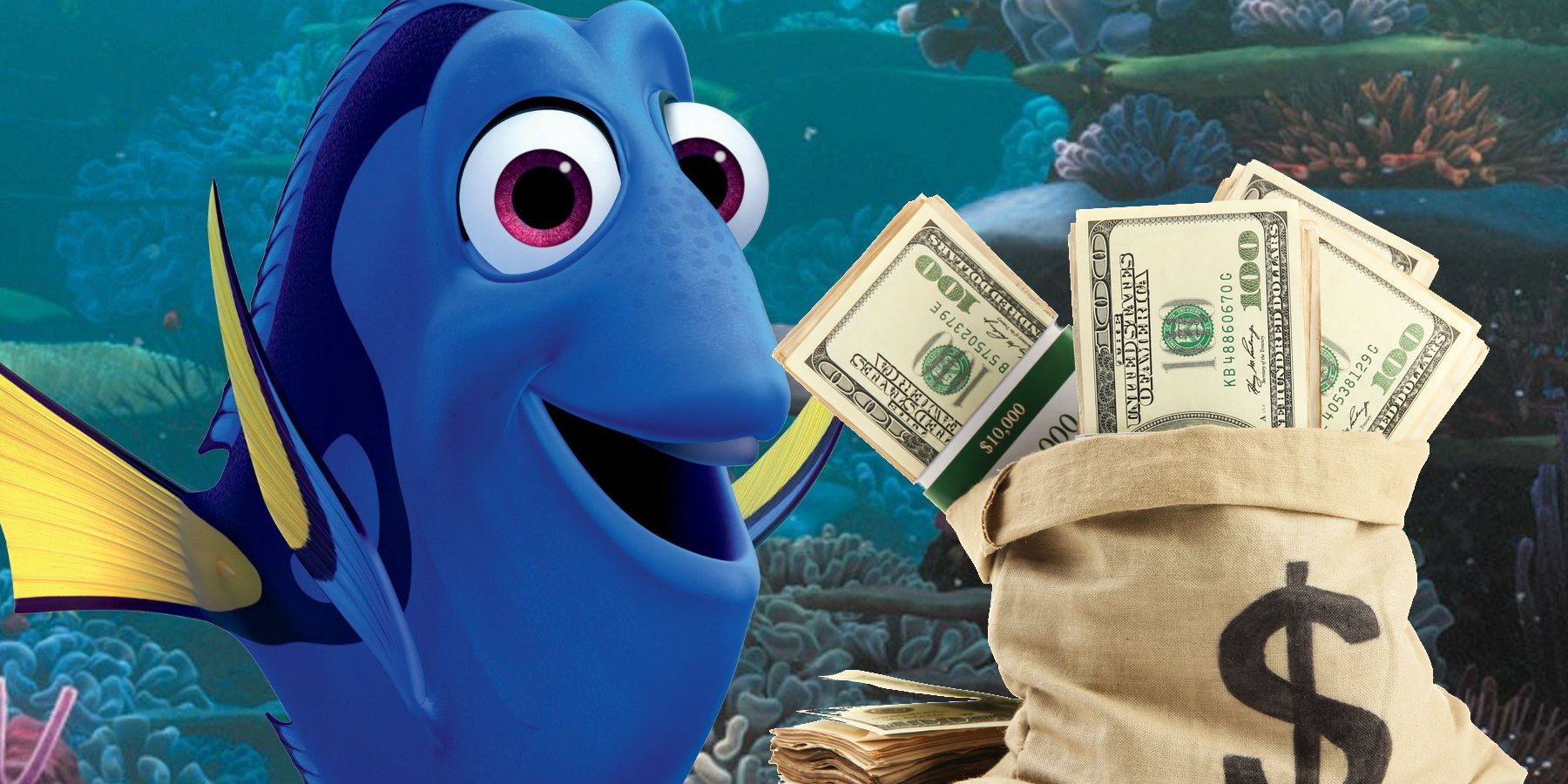NOTE: All box office figures are as of December 30, 2016
-
This year, a whopping 720 films were released in theaters, and they've so far collectively grossed $11.18 billion at the domestic box office. That figure broke 2015's record of $11.12 billion, and the final tally could be as high as $11.4 billion by the time all the films have completed their runs. This is the second year in a row the U.S. marketplace has hit the $11 billion mark, potentially setting a new standard for the studios to strive towards in the age of the big franchise tentpole. Even with all the entertainment options available to viewers these days, many of them still enjoy going to the theater to watch the newest releases.
With 2016 winding down to a close, we are stepping back to take a look at some of the most noteworthy box office trends and developments from the previous 12 months and analyzing how they may impact the film industry going forward (just as we have in years past). For the purposes of this article, we are primarily focusing on the domestic numbers.
Walt Di$ney Pictures
All it takes is one glance at the 2016 charts to see that Disney was the studio of the year. The Mouse House's record-shattering run started as Star Wars: The Force Awakens continued on its march to the rare $2 billion club and Mickey never looked back. Through the combined strengths of their in-house films, Lucasfilm, Marvel, and Pixar, Disney brought in $2.7 billion just in the U.S. and more than $7 billion globally. In terms of Stateside grosses, the studio is responsible for six of the top ten highest earners - Finding Dory, Captain America: Civil War, The Jungle Book, Zootopia, Rogue One: A Star Wars Story, and Doctor Strange. Disney Animation's Moana is right on the outskirts with $194.8 million (good enough for 12th). Even though they had some flops like Alice Through the Looking Glass and The BFG, most of what they touched turned to gold.
One primary reason for that is the critical reception. Disney's six biggest movies all scored positive reviews and generated excitement amongst casual viewers. It's now more expensive than ever to make the trip to the multiplex (average ticket price is $8.61), so people are arguably becoming increasingly selective about what they go see. Obviously, audiences want their money to be well-spent, so they're more likely to go to something with strong word-of-mouth that's an enjoyable or memorable experience. As we'll discuss later, this is an aspect of the ever-changing cinema landscape that not all of Disney's competitors have figured out, but it's safe to say Disney and their partners have a clear understanding of what general moviegoers want when they head out to the multiplex.
As amazing as it is to consider, 2017 could be even greater for the Mouse House. They have a bevy of highly-anticipated projects on the slate including the live-action spin on Beauty and the Beast, a pair of Pixar films in Cars 3 and Coco, two Marvel Cinematic Universe installments with Guardians of the Galaxy Vol. 2 and Thor: Ragnarok (July's Spider-Man: Homecoming is a Sony release), and of course, Star Wars: Episode VIII. Unless the unthinkable happens, all of these should be in great shape financially given Disney's lucrative history. Over the past couple of years, they've become a well-oiled machine and consistently churn out quality entertainment. The reactions to the first trailers for Beauty and the Beast and Guardians of the Galaxy 2 were positive, so if nothing else, the studio is off to a good start. With all they have planned, Disney should be able to dominate the box office for years to come.
Captain Deadpool
One of the few non-Disney tentpoles to hit it big in 2016 was one of the first films that burst onto the scene during the year. Back in February, Fox finally released Deadpool, which was seen as a risk in the months leading up to its premiere. Based on a comic book character who was not a household name, the film's R rating was also perceived as a roadblock since that would conceivably limit the audience for it. Even as the stellar, awards-worthy marketing campaign delivered one hilarious trailer and viral video after another, some feared that Deadpool could be too niche to truly break out. In a most pleasant surprise, director Tim Miller, star Ryan Reynolds, and the whole team were rewarded for their commitment to their passion project in a major way.
Deadpool came storming out of the gates, posting an unbelievable $132.4 million in its opening weekend. Using the positive reviews and enthusiastic fan reception as a springboard (notice a trend?), it dominated the month of February, finishing in the top spot on the weekend charts three consecutive times. Deadpool ended its run as the fifth-largest film of 2016 with $363 million domestically, making it the second-highest R-rated movie in the States (behind only Passion of the Christ). In terms of the worldwide gross, Deadpool is the biggest R-rated film of all-time with $783.1 million, a figure that blows its $58 million production budget clear out of the water. Fox wasted no time in developing a franchise, and has Deadpool 2 coming through the pipeline after enduring some pre-production difficulties with Miller voiding the director's chair on the sequel.
It's too early to tell what the overall impact of Deadpool's astronomical success will be, but it's already had some immediate influence on Hollywood. The overwhelming success of the Golden Globe nominee most definitely played a role in Fox giving the R-rated Logan the green light (a decision that is poised to pay off in a major way). Moving forward, the trick will be to learn the right lessons from Deadpool. Yes, it proved that there's an audience for more adult-orientated content, but filmmakers should not use the R rating as some sort of crutch or marketing gimmick. The real reason why Deadpool thrived is because the people behind it were passionate about the material and had the freedom to make the movie they wanted. Studios would be advised to give creative teams some leeway instead of being too hands-on. If the story needs an R rating, then so be it, but that does not always guarantee a quality film.
Big-Budget Disappointments
The 2016 box office may have brought in more money than 2015, but there's no denying that the charts were incredibly top-heavy this year. The high-profile releases were either monster hits or perceived disappointments. There were a number of franchise installments that failed to live up to expectations, such as Teenage Mutant Ninja Turtles: Out of the Shadows ($82 million), Independence Day: Resurgence ($103.1 million), Jason Bourne ($162.1 million), and X-Men: Apocalypse ($155.4 million). Would-be tentpoles that hoped to launch a new series never got off the ground (Ghostbusters; $128.3 million), and even studio blockbusters that scored positive reviews couldn't reach the heights of their predecessors (Star Trek Beyond; $158.8 million). Obviously, not all franchises are created equal in terms of popularity (meaning not everything can reach Star Wars or Avengers numbers), but each week - particularly in the summer - seemed to bring about new headlines of films struggling commercially.
With the exception of Star Trek 3 (and, to a lesser extent, Ghostbusters), the one thing the movies mentioned in the above paragraph have in common is a mixed-to-negative critical reception. Whereas Disney was able to soar to the top of the record books with acclaimed projects, many other studios saw what happened when your films do not connect with an audience. Paramount in particular had a year from hell, since Beyond was their only 2016 release to make more than $100 million domestically. They were behind a few projects that will ultimately lose money, like the disastrous Ben-Hur remake and Allied. It has also been reported that Fox's Assassin's Creed could be in the red for as much as $100 million. And Sony's Passengers ($40.6 million on a $110 million budget) seems like it will be a flop as well.
Granted, the worldwide grosses make some of these blows softer for distributors, but it goes to show that there are fewer locks that the studios can rely on. We could be headed for a "survival of the fittest" situation where the properties that regularly hit $1 billion (or come close enough to it) will continue, while the less profitable ones fade away and executives condense their investments. Looking ahead to 2017, Paramount will be banking heavily on Transformers: The Last Knight (which continues to have global appeal), and the Baywatch reboot (starring massive draw Dwayne Johnson) could do solid business as well. Sony will get to enjoy the fruits of their partnership with Marvel Studios on Spider-Man: Homecoming, which is generating positive buzz following the release of the first trailer. In the future, there could be fewer tentpole franchises, but more that are ultimately successful. Studios may also want to cut back on production costs, so it's easier for some movies to turn a profit.
The DCEU
After Disney/Marvel proved the shared cinematic universe model was viable, Warner Bros. and DC Entertainment decided to launch the DC Extended Universe, bringing the members of the Justice League to the big screen. Though the series began with 2013's Man of Steel, it truly kicked off this year with Batman V Superman: Dawn of Justice and Suicide Squad. Unfortunately, both films proved to be divisive in the fan community, to the point where not everyone can agree on how successful they were at the box office. Batman V Superman made $330.3 million domestically, and Suicide Squad brought in $325.1 million Stateside. Producer Charles Roven says they were big hits, but some feel that the comic book adaptations didn't make as much as the studio hoped.
For various reasons, be it a killer marketing campaign or the world-famous characters, both Batman V Superman and Suicide Squad posted record breaking opening weekends. But once word-of-mouth started to spread, business went down. Dawn of Justice took a massive 69.1 percent drop in its second weekend, while Suicide Squad's was a similar 67.4 percent. It's common for tentpoles to take a bit of a hit after the hype of their arrival cools down, but these were substantial decreases. For perspective, Batman V Superman made $166 million domestically in its first three days and grossed about $164.3 million for the remainder of its U.S. run (11 more weeks). Being that front-loaded is not a good sign, and it's important for these movies to have strong legs going forward. That's how projects like this get to $1 billion and turn the profits the executives really enjoy.
Right now, WB remains committed to the DCEU, moving forth on a Harley Quinn-led Gotham City Sirens movie, and anticipation is high for their 2017 offerings - Wonder Woman and Justice League. As this franchise continues to grow, however, it will be pertinent for the consensus about the films' quality to improve. Arguably, the DCEU does not have the best reputation amongst casual moviegoers, and well-cut trailers can only go so far. If fans get burned once again next year, that could negatively impact the property moving forward. Yes, the box office hauls for Batman V Superman and Suicide Squad are nothing to sneeze at, but the studio still has a ways to go before completely turning things around. If WB wants this to be their reliable cash cow for years to come, then they need word-of-mouth to be stronger.
Conclusion
Those are just some of the biggest trends and developments at the box office that unfolded over the course of 2016 and could influence the direction of the film industry moving forward. Be sure to mention any you noticed in the comments and let us know how you think the box office will play out in 2017.

